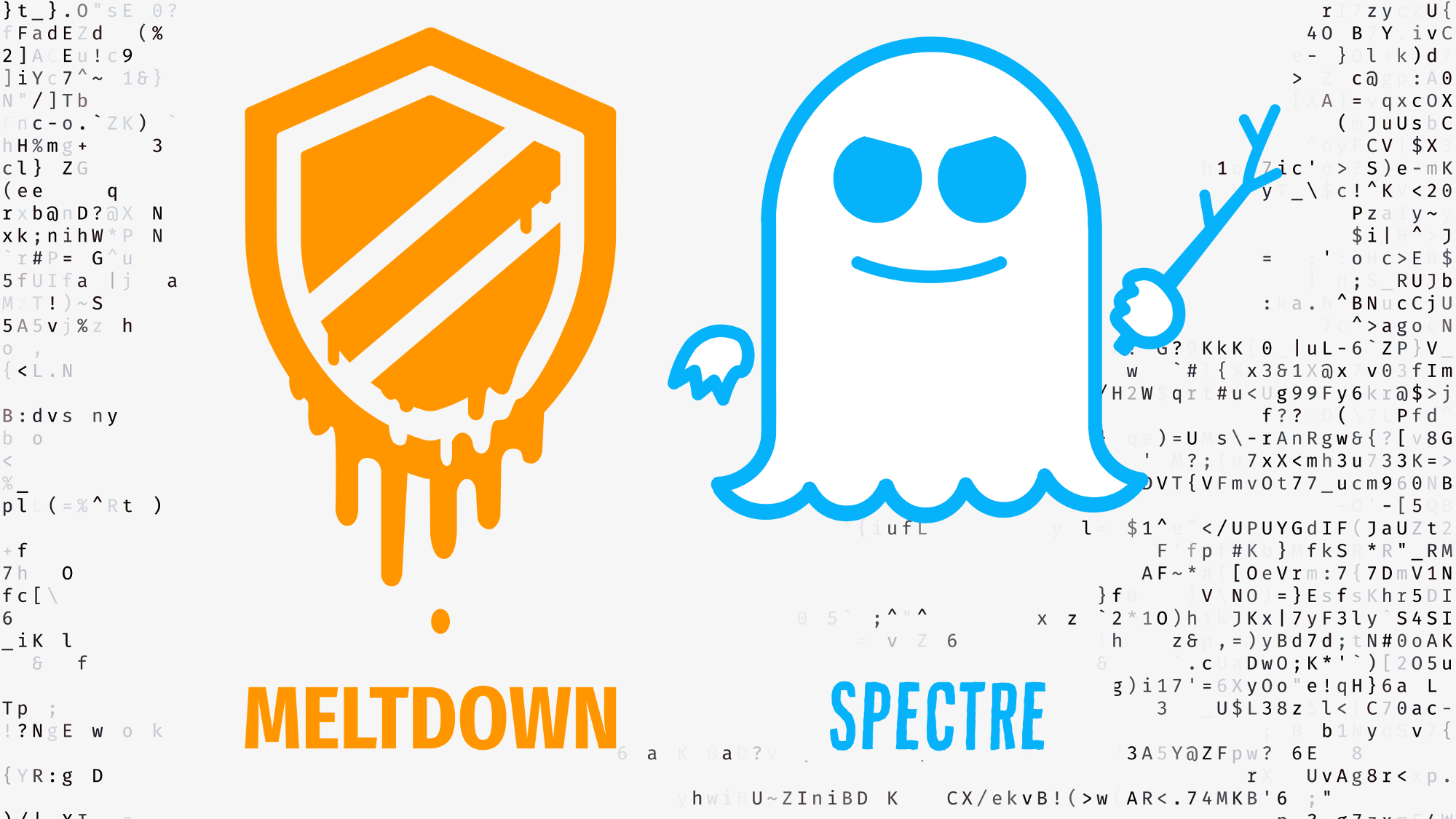Intel didn’t warn US-CERT of Meltdown and Spectre until hacks were public
Letters to lawmakers say Intel took six months to tell the US government about the exploits

Some of the world's biggest tech firms have written to lawmakers to complain that Intel didn't warn US cyber security officials about the Meltdown and Spectre chip security bugs until they went public.
In the letters, the companies, which include tech giants Alphabet, Apple and ARM, said Intel didn't make the issue known to the United States Computer Emergency Readiness Team (US-CERT), until they leaked to the masses at the turn of the year.
The letters, sent on Thursday in response to questions from Republican senator Greg Walden, who chairs the House Energy and Commerce Committee, claimed Intel took a full six months to notify the government's digital security body after Google's security researchers notified it in June.
That notification started the 90-day notice period for the chip giant to fix the issues before telling the world. But, Intel didn't inform US-CERT until 3 January, quite some time after the Meltdown and Spectre bugs had begun to spread. This has led to current and former US government officials raising concerns because the flaws potentially held national security implications.
However, Intel has said that it didn't believe the flaws needed to be shared with US authorities as hackers had not exploited the vulnerabilities.
"Intel and other industry participants were following the guidelines supported by US-CERT's Coordinated Vulnerability Disclosure (CVD)," an Intel spokeswoman said in an emailed statement.
In Intel's letter, the firm stated: "The collaboration between Intel and others in the technology industry regarding the disclosure and mitigation of these vulnerabilities was done in accordance with widely accepted principles commonly referred to as responsible disclosure'."
Get the ITPro daily newsletter
Sign up today and you will receive a free copy of our Future Focus 2025 report - the leading guidance on AI, cybersecurity and other IT challenges as per 700+ senior executives
Intel said this "responsible disclosure" is based on two foundational concepts: First, it said it's about when companies become aware of security vulnerabilities, they work as quickly, collaboratively, and effectively as possible to mitigate those vulnerabilities.
Secondly, it said it's about companies taking steps to minimise the risk that exploitable information becomes available before mitigations are released through leaks or otherwise to those who would use it for malicious purposes.
"While one can debate the details of how best to execute responsible disclosure in specific incidents, Intel agrees with the prevailing industry view that in general responsible disclosure is the best practice because it maximises information security while minimising risk to end-user,", the chipmaker explained.
"Security vulnerabilities vary in their complexity and seriousness, and under responsible disclosure, Intel and other technology companies have identified and fixed many security vulnerabilities over the years."
-
 Global cybersecurity spending is set to rise 12% in 2025 – here are the industries ramping up investment
Global cybersecurity spending is set to rise 12% in 2025 – here are the industries ramping up investmentNews Global cybersecurity spending is expected to surge this year, fueled by escalating state-sponsored threats and the rise of generative AI, according to new analysis from IDC.
By Ross Kelly Published
-
 Google Cloud is leaning on all its strengths to support enterprise AI
Google Cloud is leaning on all its strengths to support enterprise AIAnalysis Google Cloud made a big statement at its annual conference last week, staking its claim as the go-to provider for enterprise AI adoption.
By Rory Bathgate Published
-
 "Thinly spread": Questions raised over UK government’s latest cyber funding scheme
"Thinly spread": Questions raised over UK government’s latest cyber funding schemeThe funding will go towards bolstering cyber skills, though some industry experts have questioned the size of the price tag
By George Fitzmaurice Published
-
 Modern enterprise cybersecurity
Modern enterprise cybersecuritywhitepaper Cultivating resilience with reduced detection and response times
By ITPro Published
-
 IDC InfoBrief: How CIOs can achieve the promised benefits of sustainability
IDC InfoBrief: How CIOs can achieve the promised benefits of sustainabilitywhitepaper CIOs are facing two conflicting strategic imperatives
By ITPro Published
-
 The complete guide to the NIST cybersecurity framework
The complete guide to the NIST cybersecurity frameworkWhitepaper Find out how the NIST Cybersecurity framework is evolving
By ITPro Published
-
 Are you prepared for the next attack? The state of application security in 2024
Are you prepared for the next attack? The state of application security in 2024Webinar Aligning to NIS2 cybersecurity risk-management obligations in the EU
By ITPro Published
-
 The economics of penetration testing for web application security
The economics of penetration testing for web application securitywhitepaper Get the most value from your security solution
By ITPro Published
-
 How to extend zero trust to your cloud workloads
How to extend zero trust to your cloud workloadsWhitepaper Implement zero trust-based security across your entire ecosystem
By ITPro Published
-
 Four requirements for a zero trust branch
Four requirements for a zero trust branchWhitepaper Effectively navigate the complex and ever-changing demands of security and network connectivity
By ITPro Published